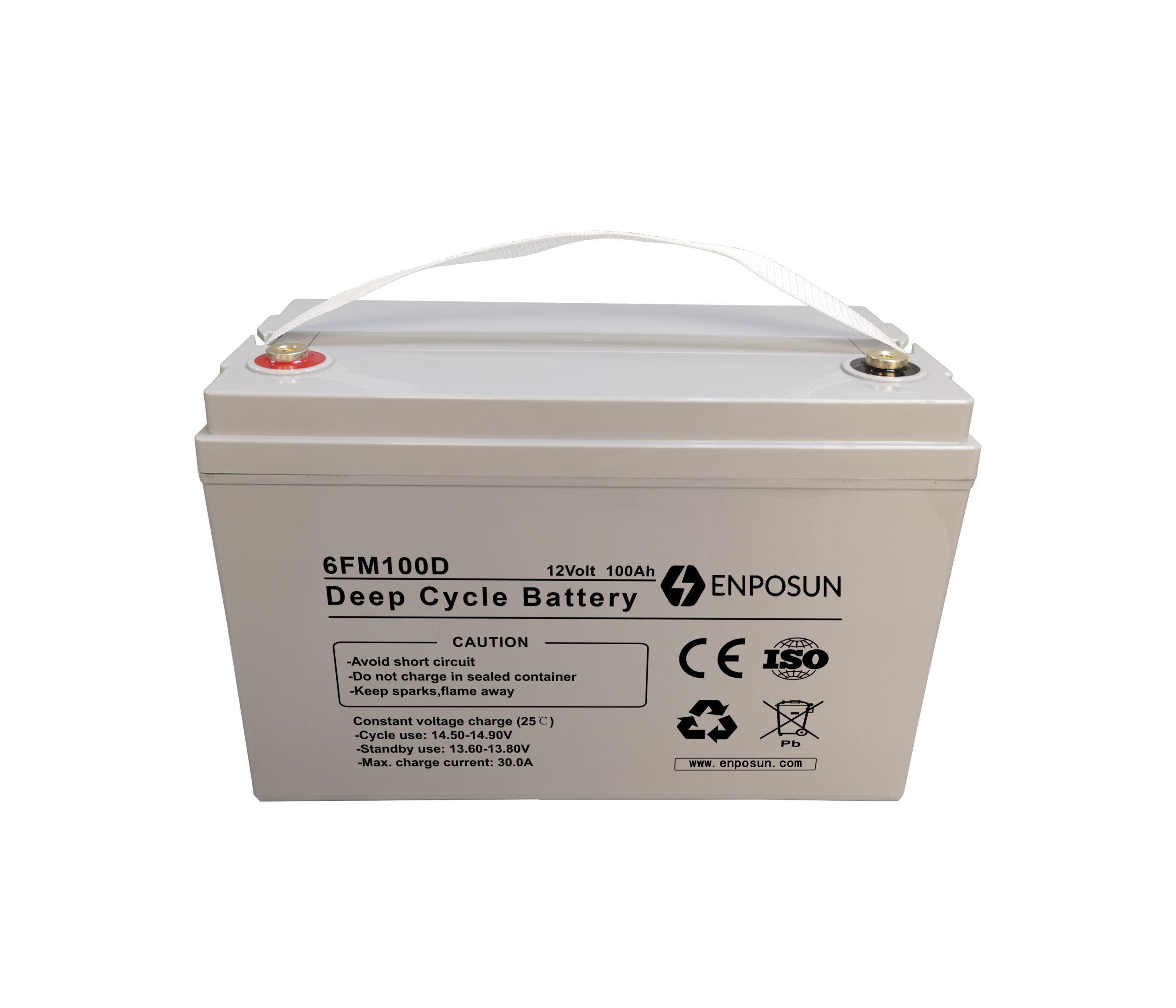Lithium batteries and alkaline batteries have their own advantages and application scenarios, so it is impossible to simply say which is better. Here are some comparisons of them:
Energy density
Lithium batteries have a higher energy density, which means it can store more energy with a comparatively smaller volume and weight. In contrast, alkaline batteries have a lower energy density. Therefore, in applications that require high energy density, such as smartphones, laptops, and other electronic products, lithium batteries are more advantageous.

Voltage
The voltage of lithium batteries is usually higher than that of alkaline batteries, for example, the voltage of a single lithium battery is 3.6V, while the voltage of alkaline batteries is 1.5V. This makes lithium batteries more suitable for applications that require high voltages.
Lifespan
Lithium batteries typically have a longer lifespan than alkaline batteries because they have a higher number of charge-discharge cycles. Under normal conditions of use, the lifespan of lithium batteries can far exceed that of alkaline batteries.

Self-discharge rate
Lithium batteries have a low self-discharge rate and can maintain a high charge after being stored for a longer time. Alkaline batteries, on the other hand, have a higher self-discharge rate, and if they are not used for a long time, the power will gradually decrease.
Environmental friendliness
Lithium batteries have less impact on the environment during production and use, as they do not contain harmful heavy metals such as cadmium, lead, etc. Alkaline batteries may produce some contamination during the production process. However, it is important to note that the recycling and disposal of lithium batteries also requires specific technology and equipment to ensure environmental safety.

Cost
Generally speaking, the price of lithium batteries is relatively high because of their higher manufacturing costs. Alkaline batteries, on the other hand, are more affordable, making them more common in some cost-sensitive applications.
To sum up, lithium batteries and alkaline batteries have their own advantages and application scenarios. When choosing a battery, it needs to be considered comprehensively based on specific application needs, cost budgets and environmental factors.
